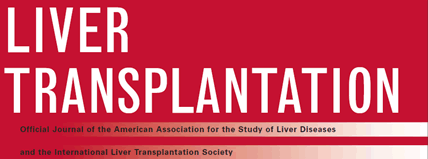The Morning After
They conclude, „that our study urges us to study the immune system response in liver allograft recipients during the very early phases after liver transplantation and to explore how events in immune organs and the allograft are reflected within the serum. Whether the patterns observed truly represent early detection of ACR versus tolerance, or a combination of both, requires further study and experimentation, including the identification of the cellular sources of these and other potential markers of immune outcome. It seems that despite significant levels of immunosuppressive drugs, immune activation and engagement occurs very early after human liver transplant, within the first 24 hours, in a manner that may have similarities with experimental animal models. Thus, the morning after effect could be an exciting window to longer-term immune outcomes, rather than just being preoccupied with observing important routine outcomes and detecting early complications.“

